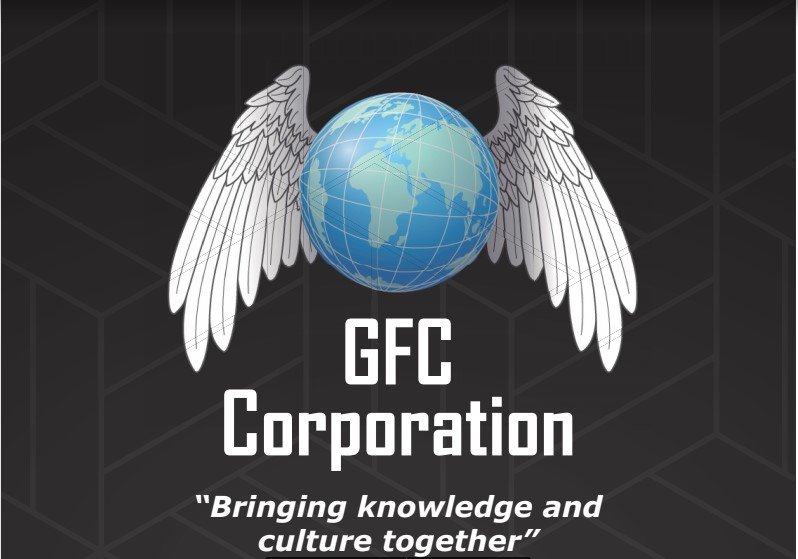Acquiring A FRANCHISE
When you acquire a franchise, you may be able to sell goods and services with instant name recognition and get training and support to help you succeed. But purchasing a franchise is like any other investment: there’s no guarantee of success.
A franchise enables you, the investor or franchisee, to operate a business. You pay a franchise fee, get a format or system developed by the company (franchisor), the right to use the franchisor’s name for a specific number of years, and assistance. For example, the franchisor may help you find a location for your outlet; initial training and an operating manual; and advice on management, marketing, or personnel. The franchisor may provide support through periodic newsletters, a toll-free telephone number, a website, or scheduled workshops or seminars.
Owning a franchise comes with defined costs, franchisor controls, and contractual obligations.
COSTS
In exchange for the right to use the franchisor’s name and benefit from the franchisor’s assistance, you will pay some or all of the following:
Initial Franchise Fee and Other Expenses
Your initial franchise fee. You may face costs to rent, build and equip an outlet and buy initial inventory. You also may have to pay for operating licenses and insurance and a “grand opening” fee to the franchisor to promote your new outlet.
Continuing Royalty Payments
You may have to pay the franchisor royalties based on a percentage of your weekly or monthly gross income.
Advertising Fees
You also may have to contribute to an advertising fund.
FRANCHISOR LEADERSHIP
To ensure uniformity, franchisors usually control how franchisees conduct business. A franchisor may control the following:
Site Approval
Some franchisors conduct extensive site studies as part of the approval process, and a site they approve may be more likely to attract customers.
Design or Appearance Standards
Franchisors may impose design or appearance standards to ensure a uniform look among their outlets.
Goods and Services You Sell
Franchisors may restrict the goods and services you sell. For example, if you own a restaurant franchise, you may not be able to make any changes to your menu. If you own an automobile transmission repair franchise, you may not be able to perform other types of automotive work, like brake or electrical system repairs.
Method of Operation
Franchisors may require that you operate in a particular way. They may dictate hours; pre-approve signs, employee uniforms, and advertisements; or demand that you use specific accounting or bookkeeping procedures.
Sales Area
A franchisor may give you an “exclusive” or “protected” territory; it may prevent the franchisor and other franchisees from opening competing outlets or serving customers in your territory.



